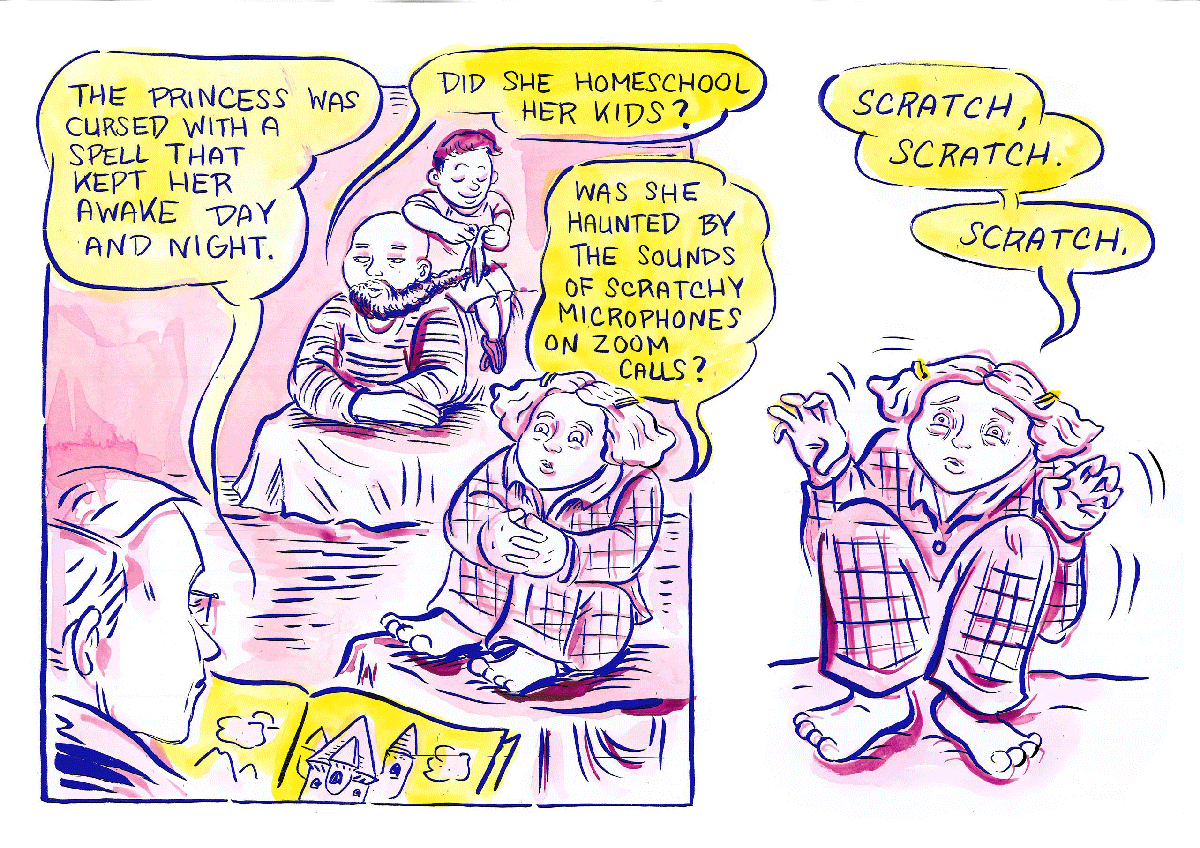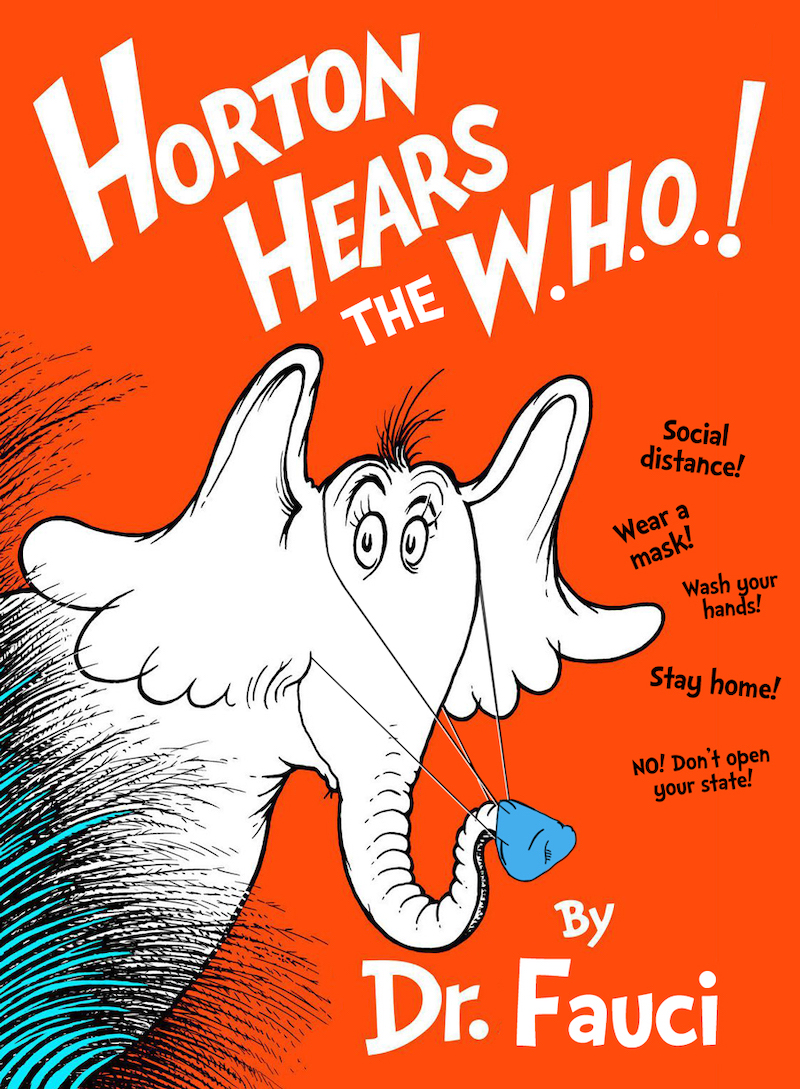Out too early?
A bevy of the parenting books that I’m reading all refer to a fourth trimester: that a baby would normally stay in the womb for a few extra months if it was physically possible for them to stay, but that the size of their brain means they need to born by the end of the third trimester to protect their health and that of the mother.
The idea that we emerge from the womb too early is a new concept to me, and has now got me questioning the role of timing in all other parts of my life. What things am I rushing, taking out too early, because of (often, very valid) reasons but could benefit from a little more slowness?
I think of the cup of tea I’m drinking right now: did I steep it for long enough, or did I pull the leaves out too early in my desire to drink it while it was hot? I think of the sleep I got last night: did I wake up too early in my desire to do a lot before the morning was done, and would it have been better to slumber a little longer and feel more rested through the day?
I think of the words I’m writing right now: in my desire to get something on the proverbial page, am I rushing a process of outlining, drafting, revising, and editing, and instead just writing my thoughts without structure, all in favor of just making sure I have something published this morning? I am eschewing all the practice I preach to others—taking the time to embrace the full writing process, from outlining to editing—all because I want to send out a newsletter on a Friday morning; what am I losing by rushing?
There is some value in publishing thoughts that are half-baked, and because of that, I’m going to hit the publish button on this post in a few minutes—but I can’t help but wonder what this would look like if I just slowed down a little and not rushed to share my Friday morning musings.
I can’t help but wonder what many things would look like if I stopped taking them out, or pushing them out, too early.
Two poems
Library
Molly Brodak
Don’t take it too seriously.
Most books aren’t great.
Poetry, for example,
this whole area is a corral
for criminals, like me,
everyone stealing,
trespassing,
cheating sentences, erasing
entire passages from other books,
faking deaths,
disliking
nice people.
Don’t despair,
either.
There is much to fight over.
Whole crowns of thorns.
Imagine how brave
they are, just to
call anything poetry.
———
Living It Up
Max Ritvo
The bed is on fire, and are you laughing?
You leave the bed
and leave me without thought.
The springs want to embrace each other,
but they’re afraid if they break
their spiral, they will never
be able to hold anyone.
I wish you would let me know
how difficult it is to love me.
Then I would know you love me
beneath all that difficulty.
You are tending not only to me, you tell me,
but to your other child — the air,
and air puts his feet in my slippers,
and air scrubs his teeth on my brush,
and we must learn to share a bed,
we must learn to share a body,
The money is running out.
We will have to split one needle
this winter — one end for me,
one end for air.
Some links
Turns out William Golding was wrong: when kids were shipwrecked for fifteen months, they helped each other instead of turning against each other.
I grew up learning of Rumi and his poetry in my religious education classes—where it was made very clear that Rumi’s poetry was inherently Islamic—so it has been strange to see religion completely erased from his poetry in pop culture.
Two of my favourite culture and music writers wrote about the legacy of Little Richard and his influence on rock n’ roll.
An ode to walking—my favourite way to spend some time—during these pandemic times.
We can’t find yeast on our grocery store shelves (luckily, flour hasn’t been too hard to find), but that’s because everyone is baking during the pandemic (so are we!) and that’s okay.
“What comes next for us—after sickness, after lockdown, after the pandemic recedes? This period will leave its marks on us—but what will those marks look like?”
A fantastic profile of one of my favourite podcast producers and hosts, Avery Trufelman.
If you enjoyed Sally Rooney’s Normal People, you’ll probably enjoy this short story where she introduced the main characters of the novel for the first time.
“Jogging by their den one morning, it occurred to me that in our efforts to protect the foxes, we had locked them into their own quarantine.”
In light of the Alison Roman and Chrissy Teigen fallout, we can ask ourselves who wins when food media debate “selling out,” and also if Guy Fieri is the only good food person left.
We’ve been reading Emily Oster pregnancy and parenting books, so I was fascinated by her take on how the “just stay home” message during the pandemic will backfire.
Fascinating: a website that uses machine-learning to come up with words that don’t actually exist and accompanies them with fake definitions.
“We’re all losing it without each other, in different ways and to varying degrees. Isolation is not quiet solitude. A group video chat is not a raucous dinner party.”
Dr. Fauci reads a bedtime story to anxious adults:

Jim Malloy remixes Dr. Seuss and Dr. Fauci:

A beautiful video of European architecture floating and moving through the sky:
Get weekend reading posts in your inbox: subscribe to the fortnightly newsletter.